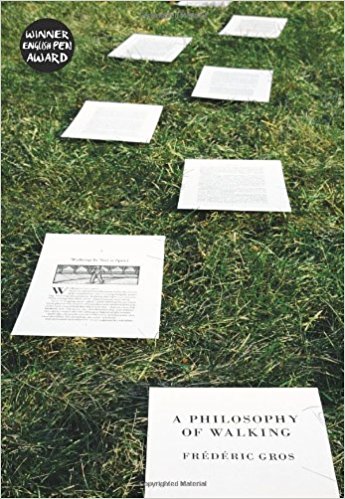
I just finished reading ‘A Philosophy of Walking’ for obvious reasons. Mapping Edges are avid walkers, and philosophers of walking.
The book is a wonderful meditation on what walking does for thinking. Gros begins with the proposition that walking is not a sport, and then he meanders through history (albeit mostly Western male history), telling the stories of some well known walkers: Nietzsche, Rimbaud, Rousseau, Thoreau, Kant, and lastly Gandhi. He makes a series of arguments for slowness, which is one of the most compelling aspects of the book, and attacks the commodification of walking as something that can be marketed and sold. This is interesting as I have also been reading an essay by anthropologist Tim Ingold ‘Culture on the Ground, The World Perceived Through the Feet’, which looks not only at walking in terms of feet, but also at the design of technologies to support them.
The book also does a good job reminding of us of the parallels between the pleasures of reading and walking. It is beautifully written, simple, precise and steady. The edition I read is punctuated by anarchist illustrator Clifford Harper, whose work would always reminds me of radical thought and social movements, even if it was about something completely different.
This book is a philosophy but does not feel like academic writing. It doesn’t feel pressured or precious. It should have included women walkers, their omission made me sad, but the book was an inspiration to walk more, and to write about walking more.
As Gros writes on page 94, ‘The true direction of walking is not towards the otherness (other worlds, other faces, other cultures, other civilizations); it is towards the edge of civilized worlds, whatever they may be. Walking is setting oneself apart: at the edge of those who work, at the edges of high speed roads, at the edges of producers of profit and poverty, exploiters, labourers, and at the edge of those serious people who always have something better to do than receive the pale gentleness of a winter sun or the freshness of a spring breeze.’

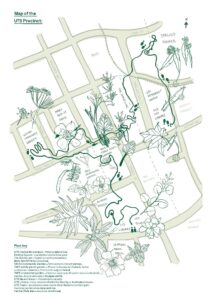

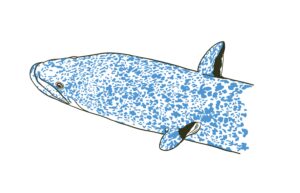

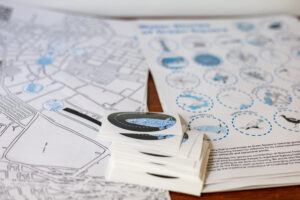
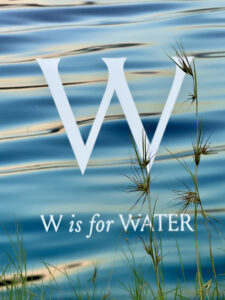
0 Comments